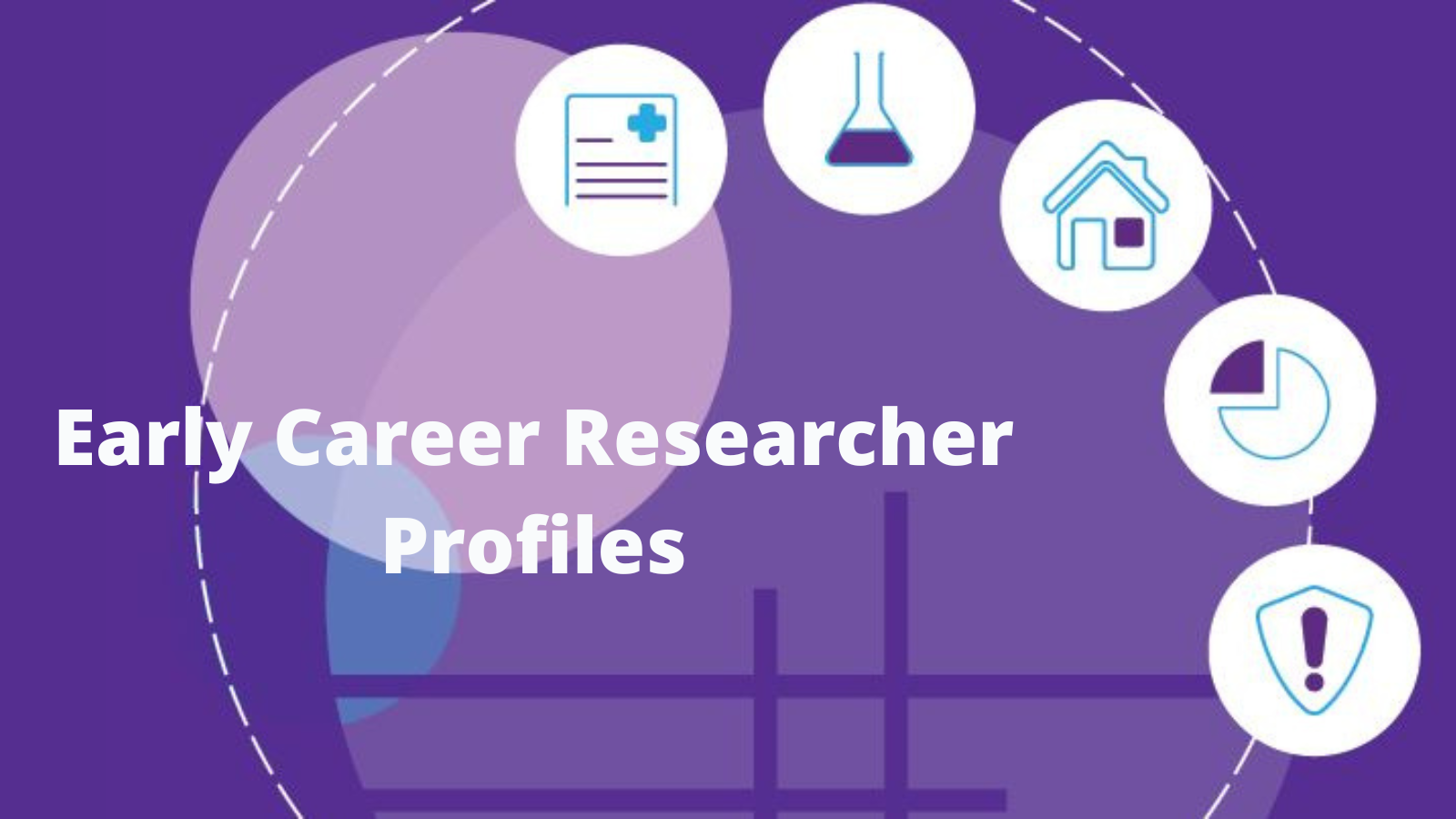These Early Career Researcher profiles are some of the researchers that featured in the SDRC Annual Report 2022/23. We will share the rest of these profiles tomorrow, but you can read all profiles, and the rest of the SDRC report here
Lisa Davison
I am a Quantitative Research Fellow at the University of Stirling, with an MSc and PhD in Gerontology from the University of Southampton.
I currently work on two research projects. First, the Designing Homes for Healthy Cognitive Ageing (DesHCA) project which examines how housing design can support older people, including those living with cognitive change, to live well at home for longer. Secondly, the Intersectional Stigma of Place-Based Ageing (ISPA) project which explores how stigma attached to where people live intersects with experiences of disability and ageing.
I am also on the committee for the British Society of Gerontology (BSG) Emerging Researchers in Ageing (ERA) special interest group, whereby we provide opportunities for networking and professional development, and organise informal “Gerontology & Tonic” sessions on a range of topics for “accidental gerontologists”. Our mentoring scheme also matches up early career researchers with mentors based on shared research interests and support needs.
My current aims for my research career are to develop my network and learn new quantitative methods, while publishing from my PhD research and from the projects on which I work. In the future I hope to remain in ageing research, whether in academia, government, or third sector organisations.
Mohamed Elsharkasi
I am an associate lecturer in neuroscience at the School of Psychology and Neuroscience at the University of St Andrews, I am also at the writing up stage of my PhD in Biomedical Science at Glasgow Caledonian University. My PhD project investigates the use of Nrf2 protein activators for neuroprotection in Alzheimer’s disease. Before pursuing my career in academia, I obtained a pharmacy degree from Misurata University in Libya and worked as a pharmacist for a few years. Then decided to continue my education where I obtained an MSc in Pharmacology from Glasgow Caledonian University and graduated with distinction in 2018.
My research interests focus on neurodegenerative disorders, particularly Alzheimer’s disease, with the aim of advancing our understanding of the underlying mechanisms involved in these conditions and developing innovative therapeutic strategies for their treatment. Currently, I am conducting a systematic review and meta-analysis titled “Association of Nrf2 target genes with cognitive decline in mouse models of amyloid toxicity: Systematic review & meta-analyses” to identify therapeutic targets for developing drugs that can slow the progression of neurodegenerative diseases and improve cognitive function with minimal adverse effects. In the future, I aspire to establish my own research group and continue to teach in academia.
Danni Gadd
I am in the final year of my PhD on the Wellcome Trust Translational Neuroscience programme at the University of Edinburgh.
My PhD focuses on finding blood-based markers that can help to stratify risk of dementia and diseases that associate with dementia onset. We look for markers up to 16 years prior to diagnosis, as we want to be able to identify individuals that will benefit from preventative interventions. By uncovering these markers and looking at how genetic and environmental factors can influence them, we have also identified potential pathways that may underlie brain ageing and dementia risk.
I work with large cohort studies such as Generation Scotland, which has information from over 20,000 volunteers. If you are living in Scotland and would like to contribute data that will be used in research, take a look at their website for more information on how to join.
After my PhD, I hope to gain experience working between both academia and industry. I hope to secure funding to continue to work on our understanding of brain health and disease.
Natalie Jenkins
I am a second year PhD student in Psychology & Neuroscience at the University of Glasgow. Prior to this I obtained a BSc in Neuroscience and an MEd in Psychology. After completing my master’s degree, I began working in clinical research joining Edinburgh Dementia Prevention where I developed an interest in brain health and modifiable risk factors, with a particular emphasis on traumatic brain injuries.
The focus of my PhD is to examine long-term brain health outcomes following domestic abuse related head injury. When I began to look at the literature, I was shocked to find very little research. This is surprising given the vast research and media coverage linking contact sports head injuries to neurodegenerative disease. In fact, it is estimated that there are more women living with domestic abuse related head injuries than individuals with contact sports and military brain injuries combined. Through my research I am hoping to highlight an important and understudied population in dementia research.

